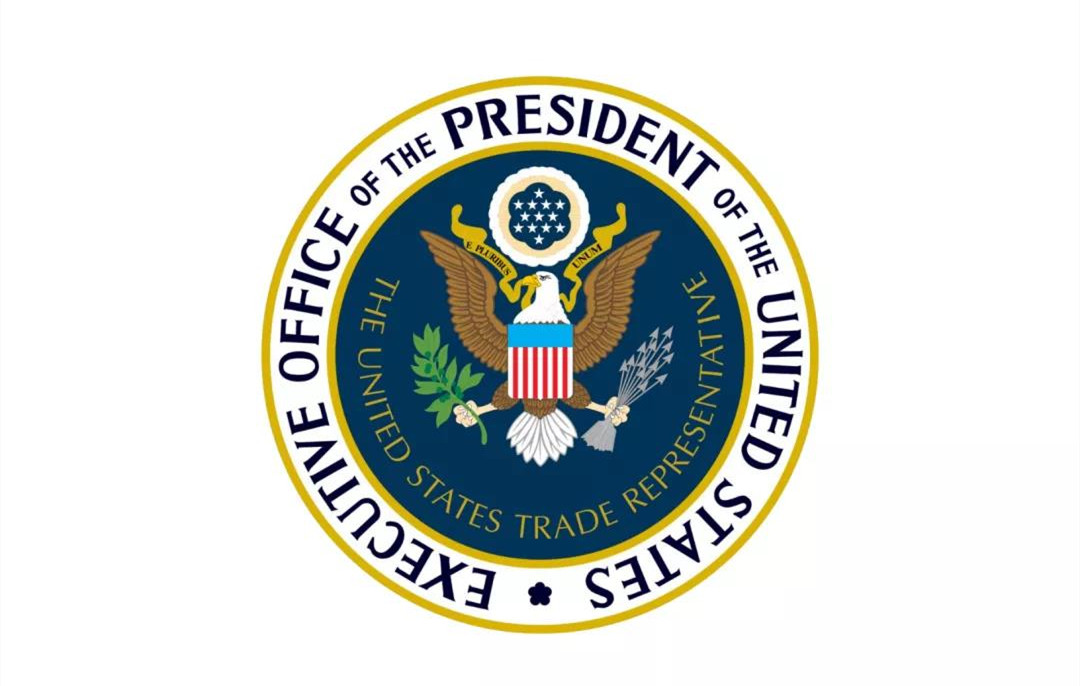USTR releases Annual Special 301 Report on Intellectual Property Protection

The Office of the United States Trade Representative (USTR) released its annual Special 301 Report on the adequacy and effectiveness of U.S. trading partners’ protection and enforcement of intellectual property rights.
“Intellectual property rights incentivize our creators, manufacturers, and innovators to invent new products and technologies,” said Ambassador Katherine Tai. “The laws, policies and practices that protect those rights must appropriately balance the interests of creators with those seeking to use their creations. Failing to adequately and effectively protect those rights in foreign markets hurts the U.S. economy, the dynamism of American innovators and the livelihoods of our workers.”
This annual report details USTR’s findings of more than 100 trading partners after significant research and enhanced engagement with stakeholders. Significant elements of the 2021 Special 301 Report include:
•The 2021 Special 301 review period has taken place during the COVID-19 pandemic, the largest global health crisis in more than a century. The top priority of the United States is saving lives and ending the pandemic in the United States and around the world. As affirmed in the Doha Declaration on the TRIPS Agreement and Public Health, the United States, while recognizing the role of intellectual property (IP) protection in the development of new medicines, respects a trading partner’s right to protect public health and, in particular, to promote access to medicines for all.
•The United States has been closely monitoring China’s progress in implementing its commitments under the United States-China Economic and Trade Agreement (Phase One Agreement). In 2020, China published several draft IP-related legal and regulatory measures and finalized over a dozen measures. Notably, China amended the Patent Law, Copyright Law, and Criminal Law in the past year.
•Border, criminal, and online enforcement against counterfeiting remains a global concern. This past year, countries reported significant quantities of COVID-19 testing kits, personal protective equipment (PPE) such as N-95 and equivalent masks, and sanitizers, detergents, and disinfectants from China that were determined to be counterfeit. Widespread counterfeiting in China’s e-commerce markets, the largest in the world, has also been exacerbated by the migration of infringing sales from physical to online markets, which accelerated during the COVID-19 pandemic.
•Concerns with the European Union’s aggressive promotion of its exclusionary geographical indications policies persist. The United States continues its intensive engagement in promoting and protecting access to foreign markets for U.S. exporters of products that are identified by common names or otherwise marketed under previously registered trademarks.
The report also highlights progress made by our trading partners to resolve and address IPR issues of concern to the United States:
•The United Arab Emirates (UAE) is removed from the Watch List this year due to the Ministry of Health and Prevention resolving concerns with IP protection of pharmaceutical products. The UAE also made progress on longstanding IP enforcement concerns, particularly through increased efforts by Dubai Customs, publication of IP enforcement procedures by multiple enforcement authorities, publication of annual IP enforcement statistics by Federal Customs, and efforts by the Ajman Department of Economic Development to significantly reduce the availability in counterfeit goods at the Ajman China Mall, a notorious market for the past several years.
•Algeria moves from the Priority Watch List to the Watch List due to steps the government has taken to engage and cooperate with stakeholders, improve enforcement efforts, and reduce IP-related market access barriers.
•Brazil’s law enforcement, with support from the Department of Justice’s (DOJ) International Computer Hacking and Intellectual Property (ICHIP) Advisor for Latin America & the Caribbean and Computer Crime & Intellectual Property Section (CCIPS), the U.S. Attorney’s Office for the Eastern District of Virginia, Homeland Security Investigations (HSI), as well as United Kingdom (UK) counterparts, launched “Operation 404.2,” which seized the domain names of multiple commercial websites engaged in the illegal reproduction and distribution of copyrighted works.
•Ukraine continued to take positive steps in 2020 toward a transparent, fair, and predictable system for the collective management of copyright royalties. In particular, pursuant to 2018 legislation that fundamentally reformed its collective management organization (CMO) system, Ukraine held open competitions and made progress toward completing accreditation of two additional CMOs in 2020. This follows the accreditation in 2019 of six other CMOs under the 2018 law. Some of the accredited CMOs have completed royalty negotiations and are paying royalties to right holders. For other CMOs selected under the 2018 law, accreditation and royalty negotiation progress continues.
-
Previous:
-
Next:
This article has no related articles!






